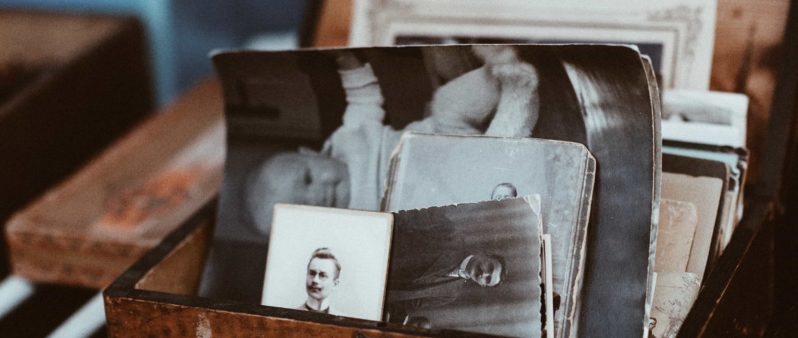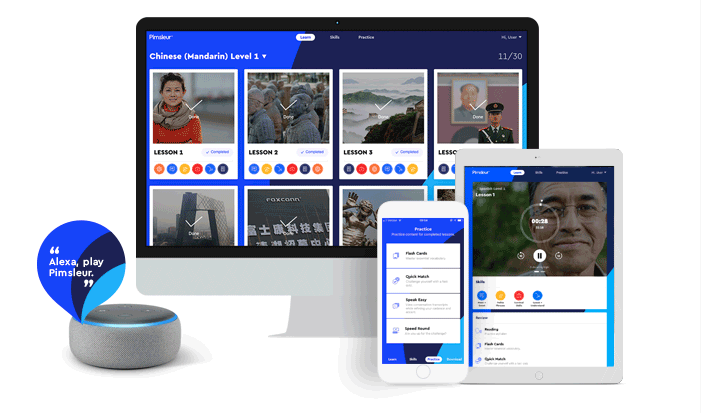
Finding Your Place – Learn About Your Family History with DNA Research and Ancestry Websites
Last year I wrote about traveling to Norway as part of a trip through Scandinavia, Europe, and the UK to explore the homelands of my ancestors. Genealogy is becoming more accessible through DNA databases and ancestry websites, and inspiring people all over the world to learn about their family history. My DNA test told me that my ancestry is over 50% British and Scottish. I wondered how it would feel to visit a place that would be so familiar to my DNA. Would I feel a sense of belonging so far away from the home I know and love?
As the plane came down below the clouds, the English countryside was spread out below me. I saw lush green fields lined with stone walls and cozy little villages and was completely smitten. I had done research on my family tree using an ancestry website, and I had a map that showed the villages and towns where my ancestors lived and died, but seeing the landscape spread out before me was absolutely thrilling. My head filled with stories set in the long history of the region. I imagined the battles fought, the lives and loves of the people who lived there. I longed to know more about the culture and the people that had passed through this island nation.
Exploring Crafts and Traditions
As I stepped off the plane, I could see mist falling, and noticed a chill in the air; a relief after the unseasonably warm weather I’d had on my month-long voyage. I thought about the countless generations of my family who had felt that same chill, and maybe wrapped themselves up in wool collected from sheep raised on their own farm and spun by hand. Exploring the crafts of our ancestors is a great way to connect with the past. I found out recently that one of my ancestors was a blacksmith, shoeing horses and forging tools long before the American Revolution.
A Taste of History in a Cornish Pasty
For the next leg of my trip, I headed to the train station. As I made my way down to the platform, I bought a Cornish pasty; a small hand-shaped pie, usually filled with roasted meat, root vegetables, and sometimes curry. Perfectly portable, it’s just the sort of warm and comforting food I like on a chilly day. Food is an amazing way to connect to the past. Some families pass down cookbooks or word-of-mouth family recipes. My family has a few, but we’ve lived in America since the passage of the Mayflower, so there’s been more than a few changes. Sitting on the train platform, eating my warm pasty, I thought about how interesting it would be to explore the cuisine of England, and mentally added some recipes to my family’s cookbook to pay tribute to the old country.
Speaking the Language is a Bridge to Our Heritage
Nursing a cup of tea on the train, I watched lambs play in the springtime fields of the English countryside. I could hear various people speaking in their regional accents, and I thought about my ancestor’s voices. One way to deepen our connection to family roots is by exploring the languages of our heritage. The words and phrases people use can tell us so much about them; about their connection to home, family, food, personal identity, nature and more. Migration, upheaval, invasion, and trade shaped the languages our ancestors spoke and influenced how they evolved over time. We can trace their footsteps as they moved from place to place, bringing with them the traditions of the past and establishing new ones. Learning to speak in the language of our ancestors is a great first step to building a bridge to that past and better connect with relatives in the present.
What’s in a Name?
Although I was thrilled to visit one of my family’s ancestral homelands, you don’t have to travel to experience that same sense of connection with your roots. Researching your surname is also a way to gain more understanding about your heritage. Most have a meaning or history associated with them, which could connect you to a profession or trade your ancestors worked in, or a region of the world where they lived.
Although there are many resources online to research your surname, there are also books such as The Oxford Dictionary of Family Names in Britain or Ireland. Etymology resources like The Online Etymology Dictionary can also help you understand your surname’s meaning.
Another way to explore your family heritage is to research the customs and traditions of your ancestral homeland and perhaps incorporate some of them into your holiday festivities. Most cultures have a tradition to mark the winter solstice, so that can be a good place to start.
Living Voices Bring History to Life
Speaking of the holidays, a fun way to connect with family over the holidays is to record your family’s stories and lore using a family tree or ancestry website that other family members can access. I used the website Ancestry.com to create my family tree and shared my login credentials with my family so our history is available to them at any time.
With technology, it’s easier than ever to film or record the voices of your grandparents to pass down to the next generation. Ask them to elaborate on bits of family history. Sit them down in front of a family portrait and record their recollections about the various family members. Ask them what their life was like when they were growing up and as they were making their way in the world. For example, I used the voice memo feature on my cell phone to record my grandma telling me about her childhood pet. Now I can keep that memory forever.
You can also create a map showing where your ancestors lived and moved to overtime, talk about the climate or history of the region, and make food associated with those regions.
However, you choose to connect with your past, do so with an open mind and heart. You may learn unexpected things as you delve into history. Let the stories and voices of your ancestors guide you as you taste the flavors of your homeland, learn the sound of their spoken language, or even walk the same paths that they walked hundreds of years ago.
Unlock Your Heritage
Unlock your family’s history with Pimsleur. Try a free lesson today to begin speaking and understanding the language and culture of your ancestors.

No Comments for "Celebrate Your Family Heritage"